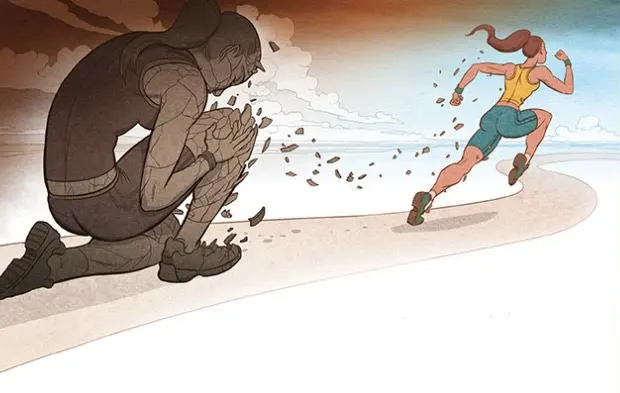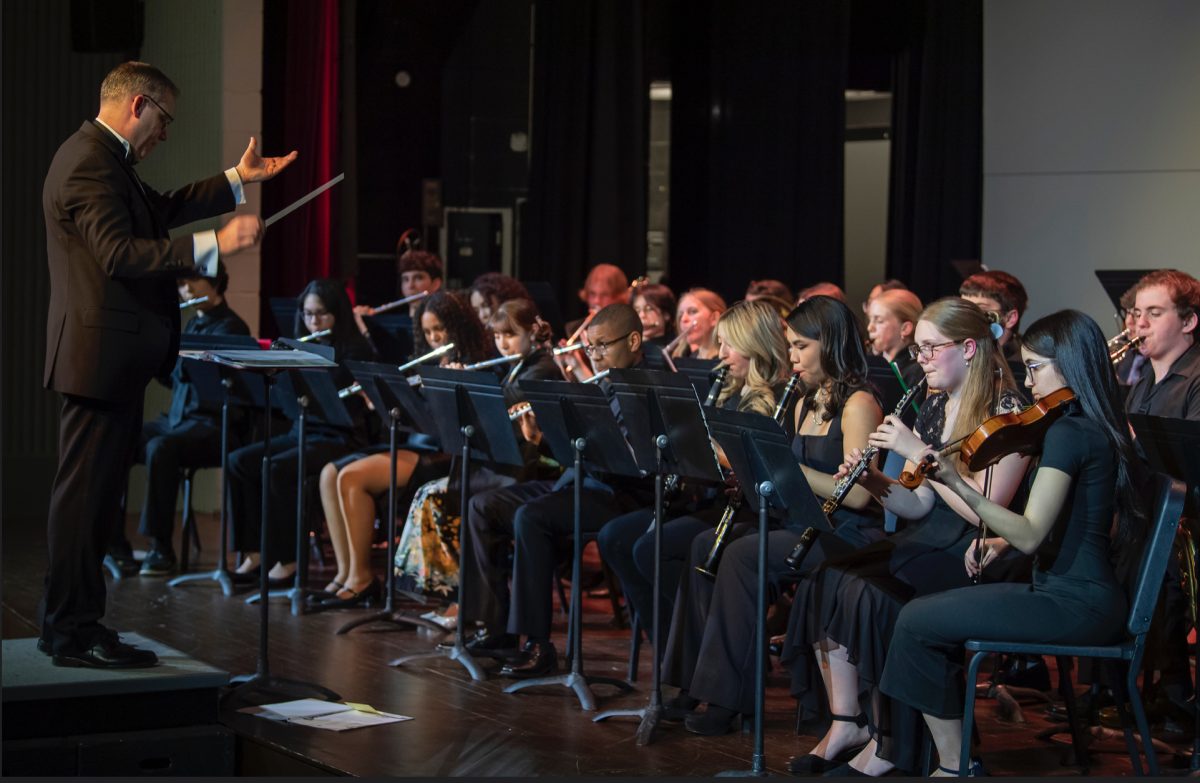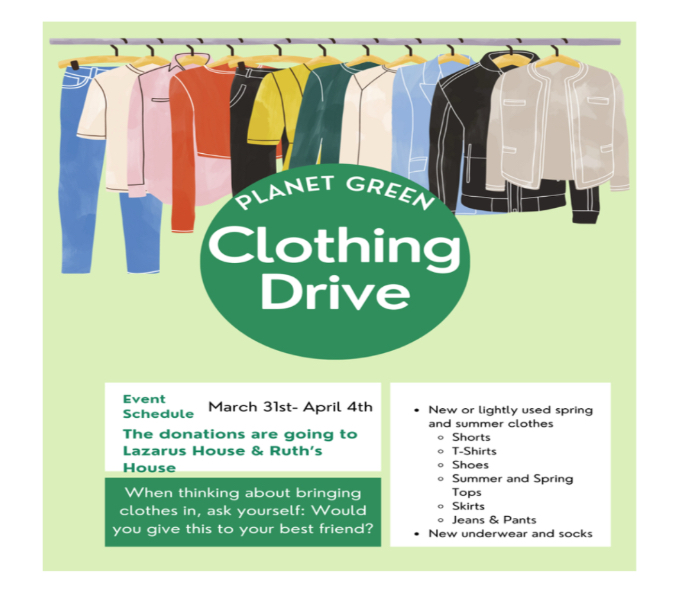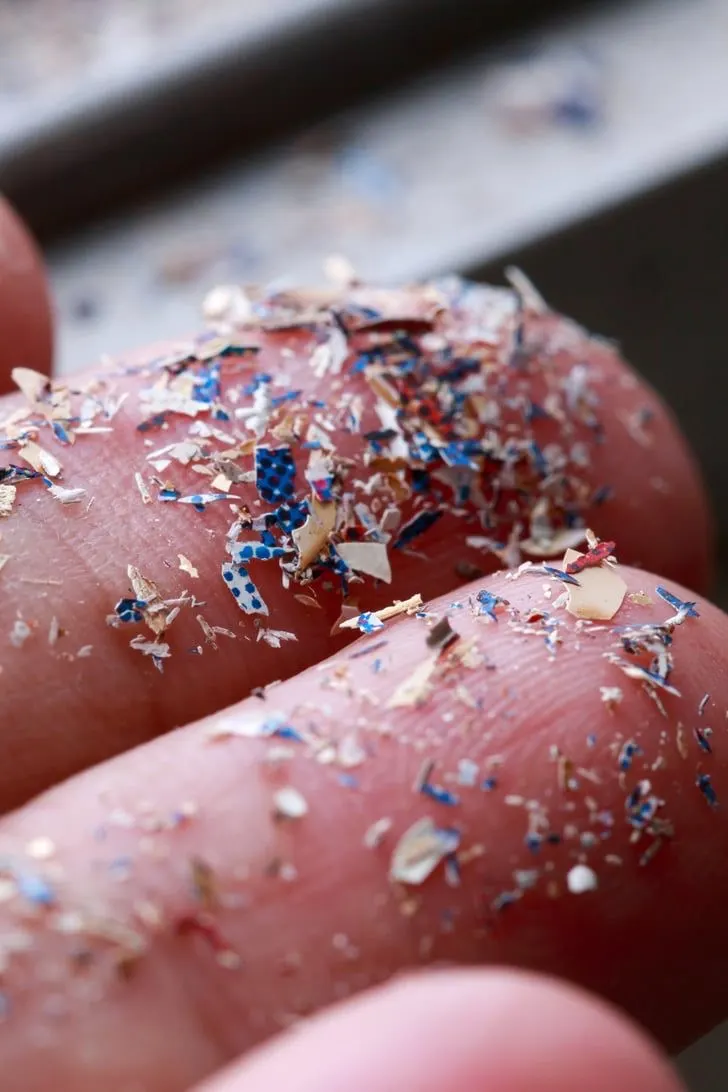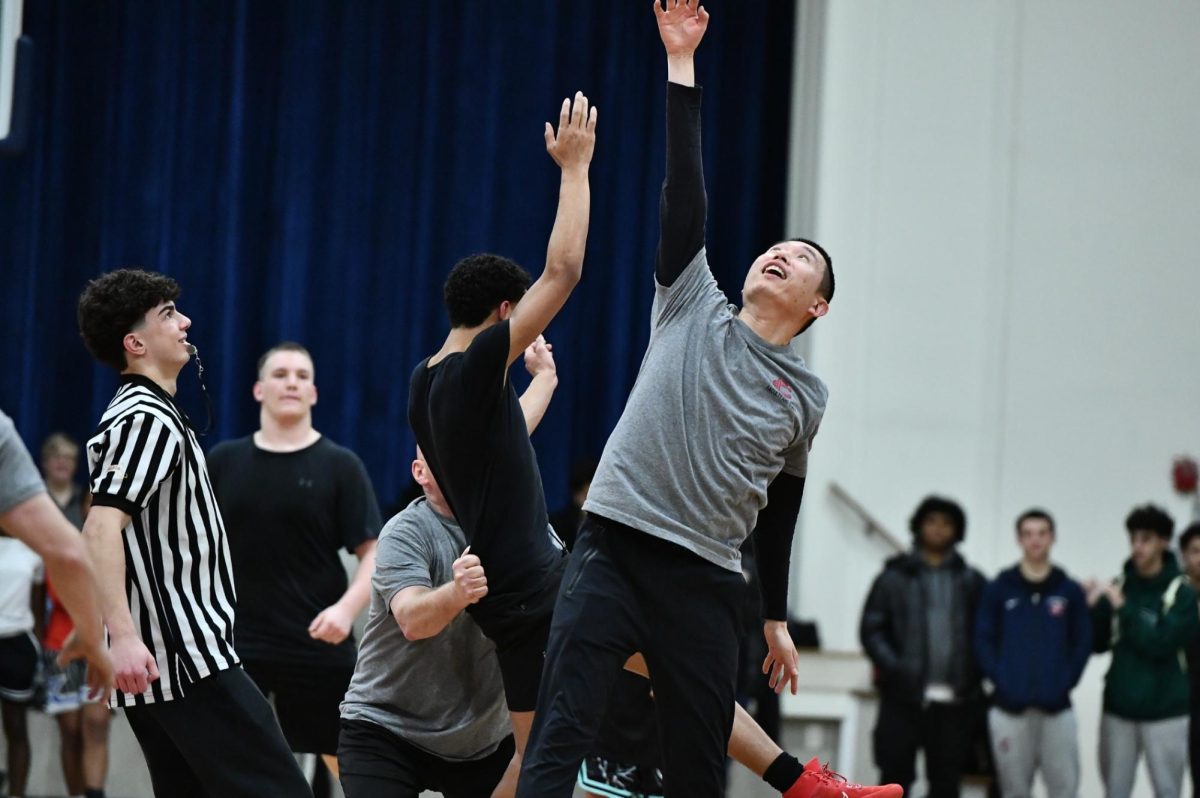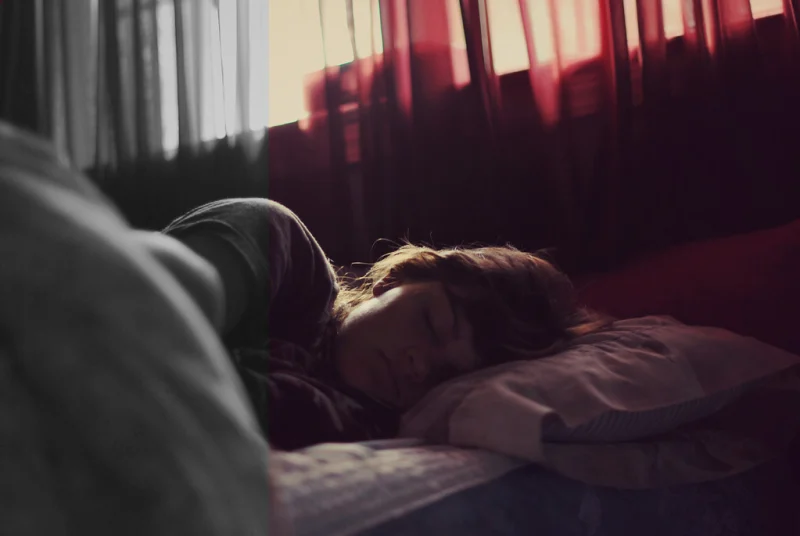By Kees Smolder (pseudonym)
Source for photo above: Flickr
Waking up and feeling tired is overlooked by both parents and teens since it’s a daily occurrence. In fact, when asked to rate their level of tiredness (1 as the lowest, 10 as the greatest) on a daily basis, a staggering 82% of CCHS students answer with a five or above. Out of this percentage, a third of students feel tired upon waking up 80% of the time.
Regrettably, most blame the outcome on too much sleep.
According to The Sleep Foundation, teens require between 8-10 hours of sleep. Furthermore, in January of 2018, they partnered with the Centers for Disease Control (CDC), and found that 72% of high school students admit to not getting the recommended amount of sleep. Results from our survey at Central Catholic exhibit 133 students (42.4%) who reported only getting 5-6 hours of sleep per night. However, an additional 27 students reported getting 1-4 hours of sleep.

This data echoes the findings of the American Academy of Pediatrics, who estimated that roughly 40% of adolescents have trouble with sleeping. What makes it more horrifying is that 23.8% of adolescents that have this issue qualify as suffering from insomnia, which results in noticeable daytime impairment.
Some symptoms of insomnia include:
- Mood changes/swings
- Difficulties with concentration
- Low energy
- Difficulties in decision making
Despite immense amounts of research into sleep deprivation, people still fail to recognize the urgency of the issue, especially regarding its effect on students. The Centers for Disease Control (CDC) has even declared it a “public health epidemic.” In the modern world, there are numerous factors that contribute to sleep deprivation: lifestyle, disorders, stress, and more. Additionally, for students in particular, the two major aspects are time management and overscheduling.
Look at the Clock
The root of all of this can be traced back to how kids manage their time. Yes, time management is a crucial life skill and is not something that can happen overnight. With being proactive and persistently trying to improve, it’s feasible.
Parents are constantly nagging their kids to get up and do their chores, homework, and so on. But, all of these complaints always involve what you have in your hand. It’s up to you to determine whether or not to listen.Thus far, it does not excuse this certain repetitive behavior that will play a part in how well you sleep.
A survey published by The Common Sense Media found that “daily screen use went up among tweens (ages 8 to 12) to five hours and 33 minutes from four hours and 44 minutes, and to eight hours and 39 minutes from seven hours and 22 minutes for teens (ages 13 to 18).”
Despite the well-known fact that being on your phone or any type of electronic before bed will cause difficulties sleeping, people still… According to the National Library of Medicine, 57% of teens who use technology before bed have difficulties with falling asleep and sleep in general. As a whole, it’s not shocking to anyone that exposure to bluelight is harmful. Because of it, it reduces the production of melatonin in your body. That too will then affect your circadian rhythm. That small and simple thing in reality led to a chain of side effects, again proving how little things can grow to have the biggest impacts.
There Are 24 Hours in a Day
Unfortunately, not everything in your schedule can be cut out and saved for later without negative consequences. Obligations such as homework, sports, jobs, and much more contribute to the lack of sleep.
For instance, according to Stanford University research, “56% of students surveyed cited homework as a primary stressor in their lives, contributing to migraines, ulcers, and sleep deprivation.” A top school, with top-notch students who struggle with these same things you and I do; a detrimental chain reaction that can leave one in a hole.
Another high school, Bellaire High School, reports that 43% of their students spend 3-5 hours per night. This is very contradicting to their student population, in which 77% agreed that a “healthy” amount of time spent on homework is between 0-2 hours.
On the other hand, at Central, from our survey, out of 204 responses, 105 reported to spend 2-3 hours daily on homework.
Into the bargain, according to the CDC, 7.7 million students in the USA have programs in which they participate in afterschool. As for our school, 1 out of 3 students participate in at least 1 club. Clubs allow you to explore your specific interests in a friendly and welcoming environment. All these come at the cost of commitments and most of the things you do for a club cut into your personal time outside of school.
Yet, that is not all that Raiders do. 80.6% of them participate in sports. Nationwide, the CDC estimates that 57.4% of high school students have played at least one sport in the past year.

These sport practices are full of constant motion, lasting for hours. Games are even longer. Doing sports is absolutely one of the best things you can experience as an adolescent. When it comes to reality afterwards, you feel exhausted and all you want to do is crash into bed.
As soon as you get up, you’re reminded of dreadful chores that need to be accomplished. Alas, feeling lethargic, there are tasks waiting to be completed, so resting isn’t an option.
All these extracurricular activities are great opportunities; they all have major benefits that last a lifetime. It’s important to know what you’re trading off in order to pursue your passions and curiosities. Just to think, is it really worth this sacrifice?
With that, 38.2% of our participants have jobs. Nationally, according to the Bureau of Labor Statistics, as of July 2022, 55.3% of young people work. This includes both part and full time.
Even if part time jobs don’t follow the “9-5” criteria of an 8 hour work day, it’s still extremely time consuming. If most part time jobs have a requirement of at least 20-29 hours per week, the minimum a person could possibly do to meet this is roughly 3 hours per day, 7 days a week. That alone is a huge chunk of time.
The responsibility of a job, especially for students, can be a make or break when it comes to bills and other duties. It’s an hapless certitude, hence something to keep in mind.

Nightmares
Despite all this, the effects of sleep deprivation are still ignored. Especially for students, the most notable of them all is a drop in grades. Yes, this is a no-brainer, but what sticks out is how the American Psychological Association, from a survey of over 3,000 high school students, discovered that their low grades (C’s/D’s) were caused by getting 25 less minutes of sleep than their peers, who tend to score higher (A’s). The other factor to this drop is these students going to bed a mere 40 minutes later. These times are so precise and seemingly insignificant at first glance, but the outcome is inimical. This survey was done in 1998 and still applies today.
Not only do upshots affect the person, but so does the body. It’s not all about waking up extremely groggy and not feeling like getting up, they don’t scratch the surface. According to the CDC, serious health problems are predisposed to them, which include obesity and type 2 diabetes.

Not only that, by age 15, the continuation of sleep deprivation skyrockets the probability of mental health issues later in life. These people, who have been exposed to this condition, are diagnosed with anxiety and depressive disorders by the time they are 17-24. Only in a matter of a few years, drastic changes are the product of a single variable.
To wrap it up, the National Library of Medicine reported that 28,000 students, only losing an hour of sleep, caused an increase in feelings of sadness/hopelessness. This then also caused a 58% increase in suicide attempts.
Hitting the Hay
This seemingly endless cycle is only scratching the surface to all types of problems that derive from sleep deprivation. In the blink of an eye, miniscule things can transform into trouble. There are innumerable origins that sprout sleep deprivation and vice versa. If the constant research on sleep deprivation continues to be spurned, without a doubt, the issue will worsen.








